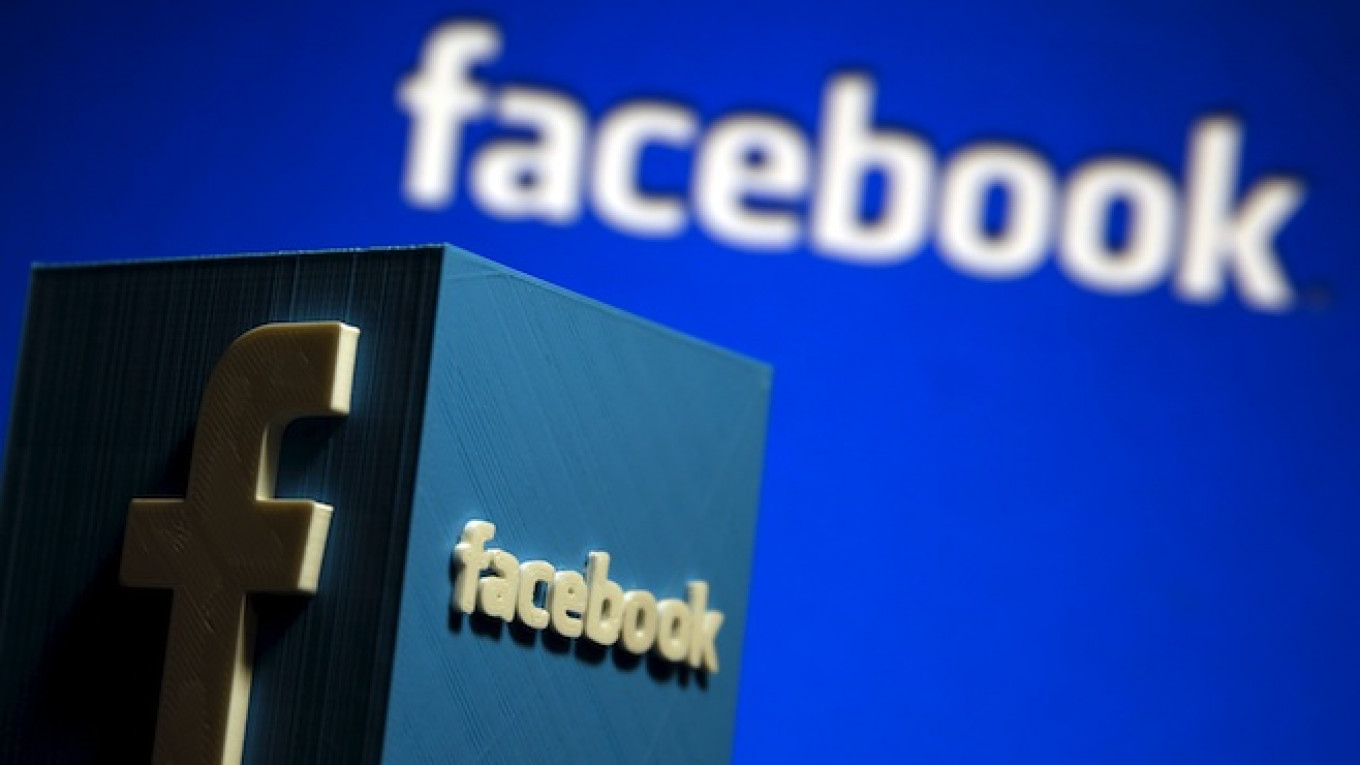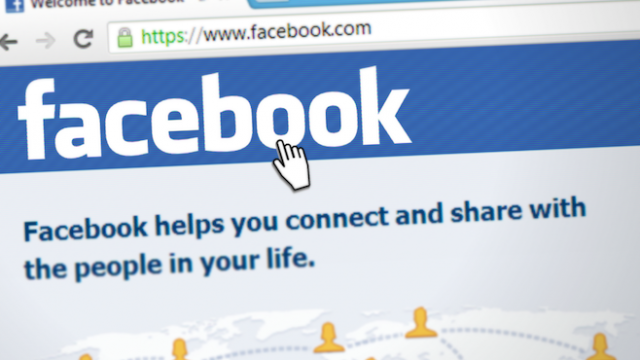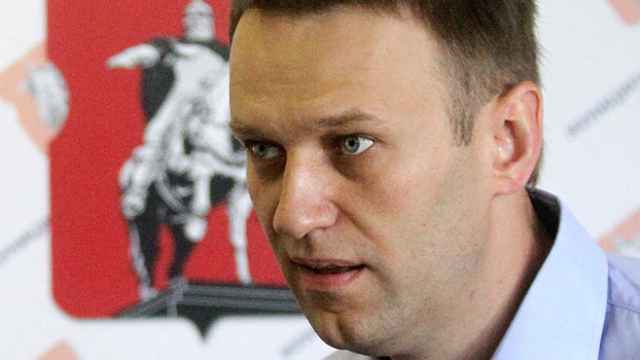The head of Russia's media watchdog has threatened Google, Facebook and Twitter with fines and bans unless the companies comply with Moscow's demands to block content it deems extremist and to share information about online traffic on individual pages, a news report said.
In letters to senior executives of the three social networks, head of the Roskomnadzor watchdog, Alexander Zharov, accused the companies of committing "lawless actions" by ignoring Russia's demands, and threatened sanctions, pro-government daily Izvestia reported Tuesday.
Roskomnadzor spokesman Vadim Ampelonsky confirmed that the letters had been sent out, the report said.
"Letters of this kind have become standard practice in our communication with foreign Internet companies," Ampelonsky was quoted as saying. "Usually the dispatch of such letters brings about certain progress in communication."
"We hope that in this case the companies will respond and fulfill the demands that have repeatedly been presented to them," he said, Izvestia reported.
A previous batch of letters was sent out by Zharov's deputy, Maxim Ksendzov, earlier this month, Izvestia reported.
In those messages, Ksendzov demanded that Twitter, Facebook and Google delete content that "contains calls for mass unrest [or] carrying out extremist activities" or calls for attending unauthorized rallies, the report said.
He also demanded that the companies provide information about the numbers of visitors to specific pages, Izvestia reported. This demand was prompted by a law enacted last summer that requires bloggers whose accounts receive more than 3,000 visitors per day to register as mass media.
Moscow has sought to control expressions of political dissent in the country, particularly after opposition protests brought down a Kremlin-backed administration in neighboring Ukraine slightly over a year ago.
Because most Russian mass media is state controlled, opposition leaders have often turned to social media to voice their opinions and organize rallies and protests.
A Message from The Moscow Times:
Dear readers,
We are facing unprecedented challenges. Russia's Prosecutor General's Office has designated The Moscow Times as an "undesirable" organization, criminalizing our work and putting our staff at risk of prosecution. This follows our earlier unjust labeling as a "foreign agent."
These actions are direct attempts to silence independent journalism in Russia. The authorities claim our work "discredits the decisions of the Russian leadership." We see things differently: we strive to provide accurate, unbiased reporting on Russia.
We, the journalists of The Moscow Times, refuse to be silenced. But to continue our work, we need your help.
Your support, no matter how small, makes a world of difference. If you can, please support us monthly starting from just $2. It's quick to set up, and every contribution makes a significant impact.
By supporting The Moscow Times, you're defending open, independent journalism in the face of repression. Thank you for standing with us.
Remind me later.






